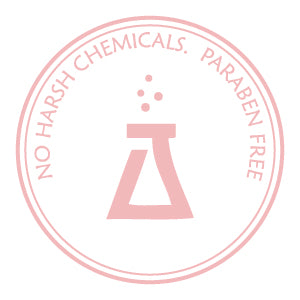What Is Oily Skin?
Oily skin is characterized by excessive sebum production. It is a common skin condition that affects both men and women of all races. Oily skin ranges from mild to severe.
Mild cases can be just an annoying cosmetic discomfort whereas severe cases can result in a serious skin condition, acne, which may lead to skin scarring, social embarrassment, and anxiety.
In individuals with oily skin, excessive sebum secretion is visible as a shiny oily layer on the face skin over the so-called T-zone, namely the forehead, nose, and chin.
Oily skin is often associated with enlarged pores and sometimes leads to extreme enlargement of sebaceous glands in the skin, a condition known as sebaceous hyperplasia.SEBUM PRODUCTION IN THE SKIN
Sebum is natural oil produced by the sebaceous glands in the skin to moisturize and protect skin from environmental damage. It acts as a natural skin moisturizer because it produces glycerol, an ingredient that plays a role in maintaining a healthy skin barrier.
A natural skin barrier is important for prevention of transepidermal water loss. Sebum contains Vitamin E that possesses potent natural antioxidant properties and defends the skin from oxidative stress.
Furthermore, sebum is believed to have antimicrobial properties that may prevent various skin infections.OILY SKIN SIGNS
Oily skin signs are quite common and are often visible to the naked eye. Oily skin symptoms usually start during the adolescent years but excess sebum production can suddenly start at any age.
They manifest themselves as the need to wash your face every few hours because of the shiny oily layer on the skin that keeps reappearing soon after washing.
Acne is the most unpleasant sign of oily skin and is associated with negative self-image and may negatively impact social interaction.OILY SKIN CAUSES
Overactive sebaceous glands in the skin lead to excess sebum production causing oily skin. How sebum is produced is not completely understood but some factors are known to have an effect.
Hormones, genetic makeup, stress, and, to a lesser degree, ethnic background tend to contribute to the development of oily skin.
Resources:
https://www.aad.org/public/everyday-care/skin-care-basics/dry/oily-skin








